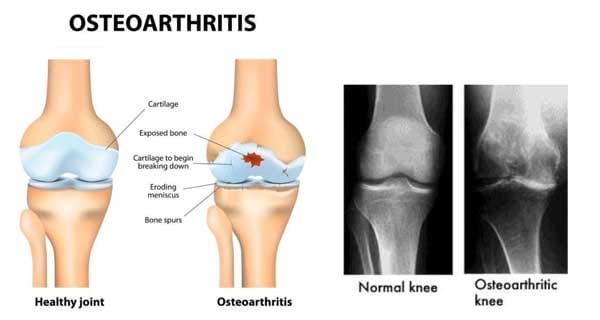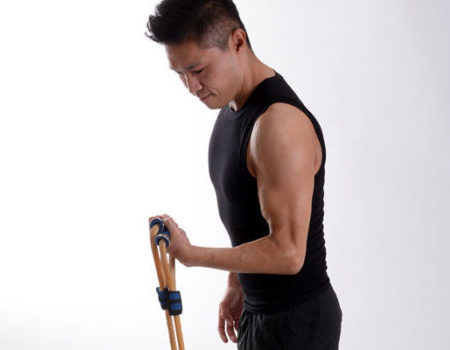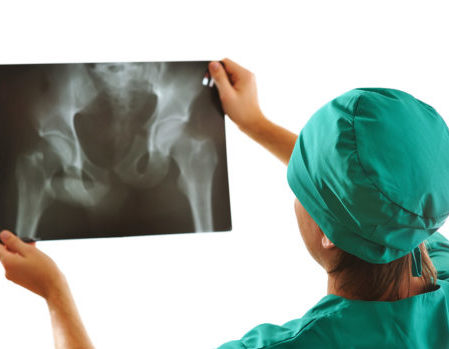How to Prepare for Total Knee Replacement Surgery
Aug 22, 2019Richard A. Sweet, M.D. (Retired 2022)
As total knee replacement surgery (TKR) has become an increasingly successful operation it has become a commonly utilized solution for patients with damaged worn out arthritic knee joints. There are several keys to a successful surgical outcome. Choosing an experienced surgeon and having the procedure performed at a facility adept in this operation are key factors.
But there are other things patients can do for themselves in preparation for a knee replacement to increase their odds of a favorable outcome and a smooth rehabilitation.
Long Term Advance Preparation:
- The more fit a patient is going into surgery, the less chance there is of post op complications.
- For overweight patients, a weight reduction program helps minimize risks.
- Diabetic patients can more carefully manage blood sugar level. The better the long term glucose control the less the risk of infection.
- All health issues such as heart or pulmonary disorders should be brought to their optimum condition via proper medical consultation.
- Patients with skin disorders on the front of the knee (such as psoriasis) should take appropriate measures so as to have their skin as healthy as possible before surgery.
- Having toned muscles (especially the quadriceps and hamstring muscles of the thigh) helps speed the rehab process. Patients do not need formal (and expensive) physical therapy to accomplish this. A combination of walking, leg lifts, elliptical machines, light resistive exercises, and use of an exercise bike depending on what is tolerated by the damaged knee can suffice

Immediate Pre Op Preparation:
- Stop blood thinning medication such as aspirin, anti-inflammatory medication and other more potent blood thinners prior to surgery under physician supervision.
- Protecting the skin from scratches or abrasions, especially on the operative leg, is crucial. Wear protective clothing around pets that scratch or when gardening etc. where scratches commonly occur.
- Typically the surgeon will prescribe an antibiotic that is absorbed through the nasal membranes to prophylax against staph infections (Bactroban) to be used the night before and morning of surgery
- Often an antibacterial soap is recommended to use on the knee the evening before and morning of surgery.



 Our patients can receive MRI imaging onsite at both our Louisville and New Albany Clinics.
Our patients can receive MRI imaging onsite at both our Louisville and New Albany Clinics. Providing the latest advances in orthopedic surgery is our specialty.
Providing the latest advances in orthopedic surgery is our specialty. We take a unique, multidisciplinary approach to pain management.
We take a unique, multidisciplinary approach to pain management. Our physical therapists use advanced techniques to help restore strength and mobility.
Our physical therapists use advanced techniques to help restore strength and mobility.  We provide comprehensive, conservative care for a wide variety of foot and ankle conditions.
We provide comprehensive, conservative care for a wide variety of foot and ankle conditions. We offer same- and next-day care to patients with acute injuries.
We offer same- and next-day care to patients with acute injuries. Get back in the game with help from our sports medicine specialists.
Get back in the game with help from our sports medicine specialists.  Our centers are equipped with a state-of-the-art digital X-ray machine.
Our centers are equipped with a state-of-the-art digital X-ray machine.